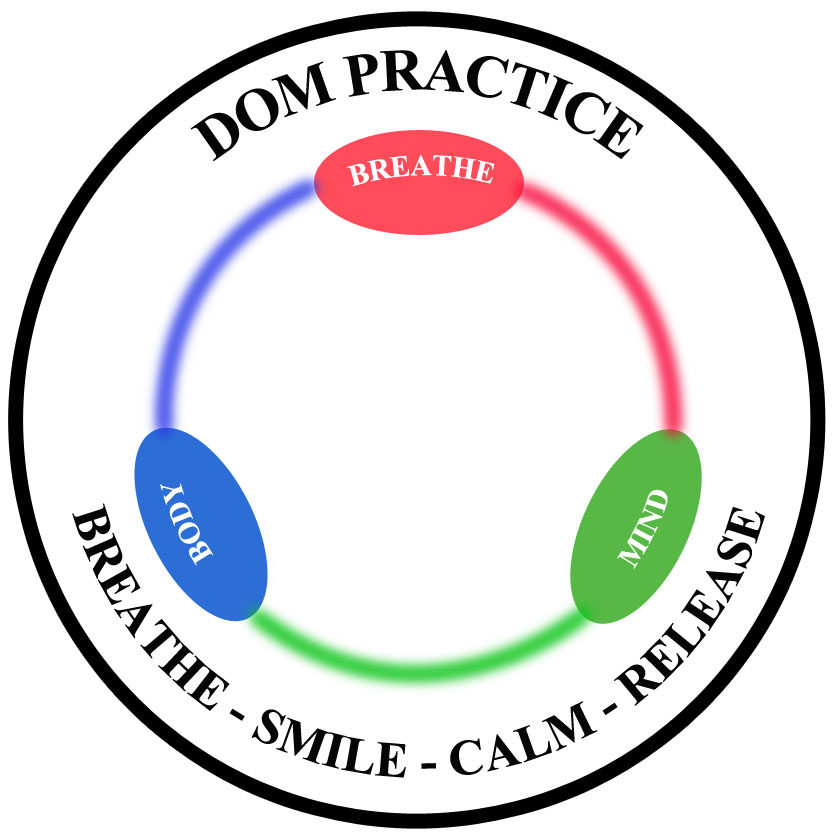The Story of Kosambi Bhikkhus
While residing at the Jetavana monastery in Savatthi, the Buddha uttered Verse (6) of this book, with reference to the bhikkhus of Kosambi.
The bhikkhus of Kosambi had formed into two groups. One group followed the master of Vinaya and the other followed the teacher of the Dhamma and they were often quarrelling among themselves. Even the Buddha could not stop them from quarrelling; so he left them and spent the vassa, residence period of the rains, all alone in Rakkhita Grove near Palileyyaka forest. There, the elephant Palileyya waited upon the Buddha.
The lay disciples of Kosambi, on learning the reason for the departure of the Buddha, refused to make offerings to the remaining bhikkhus. This made them realize their mistake and reconciliation took place among themselves. Still, the lay disciples would not treat them as respectfully as before, until they owned up their fault to the Buddha. But the Buddha was away and it was in the middle of the vassa; so the bhikkhus of Kosambi spent the vassa in misery and hardship.
At the end of the vassa, the Venerable Ananda and five hundred bhikkhus approached the Buddha and gave the message from Annathapindika and other lay disciples imploring him to return. In due course the Buddha returned to the Jetavana monastery in Savatthi. The bhikkhus followed him there, fell down at his feet, and owned up their fault. The Buddha rebuked them for disobeying him. He told them to remember that they must all die some day and therefore, they must stop their quarrels and must not act as if they would never die.
Then the Buddha spoke in verse as follows:
| Kết Một Tràng Hoa
Thiền Sư Thích Nhất Hạnh |
Tích Truyện Pháp Cú Thiền viện Viên Chiếu |
Tâm Minh Ngô Tằng Giao Chuyển Dịch Thơ |
Translated by Acharya Buddharakkhita |
| Không cần chê trách kẻ khác,
chỉ biết tu tỉnh lại thân phận mình, ai biết được phép hành xử này thì vĩnh viễn sẽ không còn tai họa. |
Và người khác không biết, Chúng ta đây bị bại. Chỗ ấy ai hiểu được, Tranh luận được lắng êm. |
Người ham cãi cọ nào hay Chúng ta đều chết một ngày gần đây Khi ai hiểu rõ điều này Chẳng ham tranh cãi thêm gây muộn phiền. |
There are those who do not realize that one day we all must die.
But those who do realize this settle their quarrels. |
